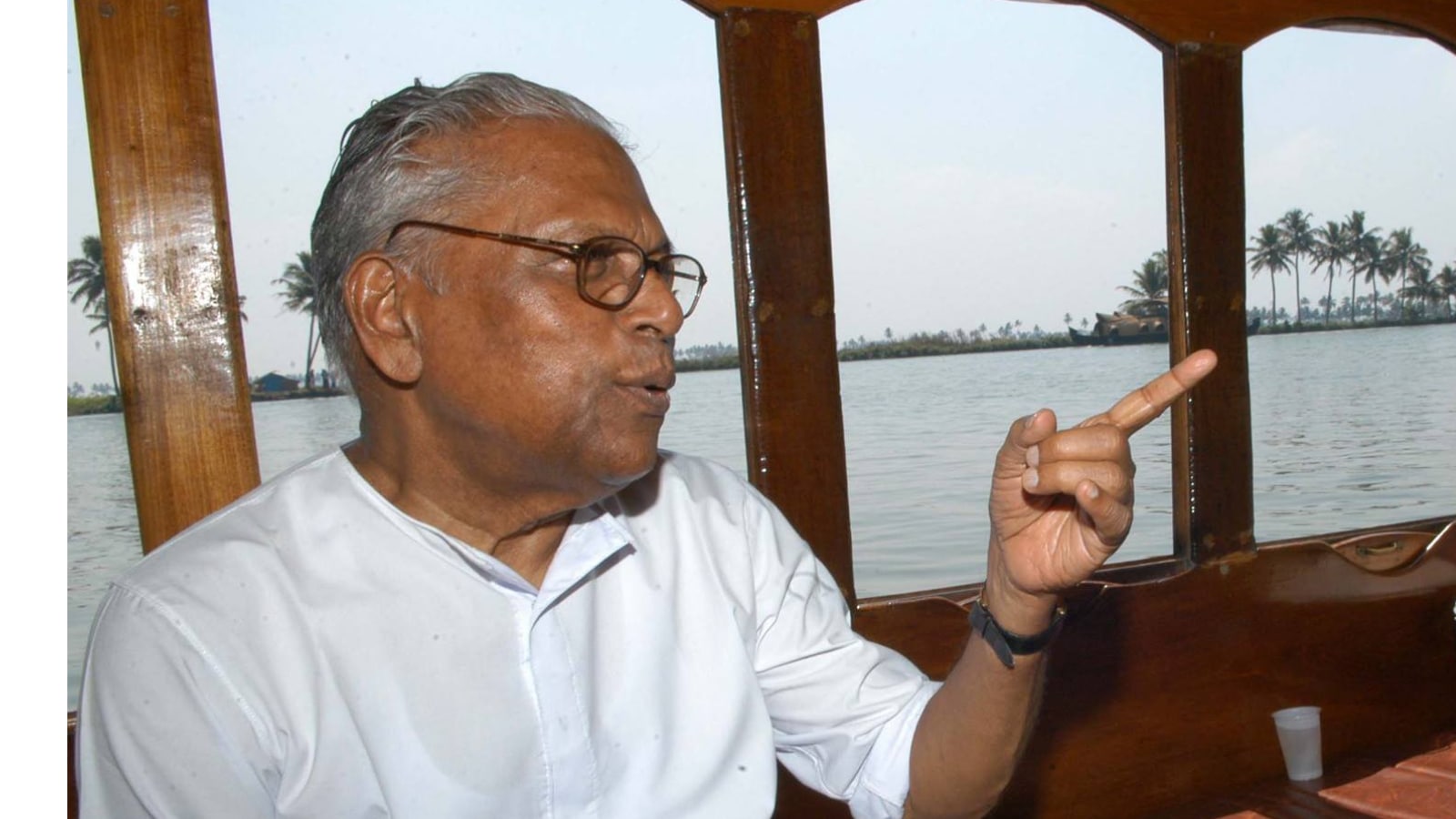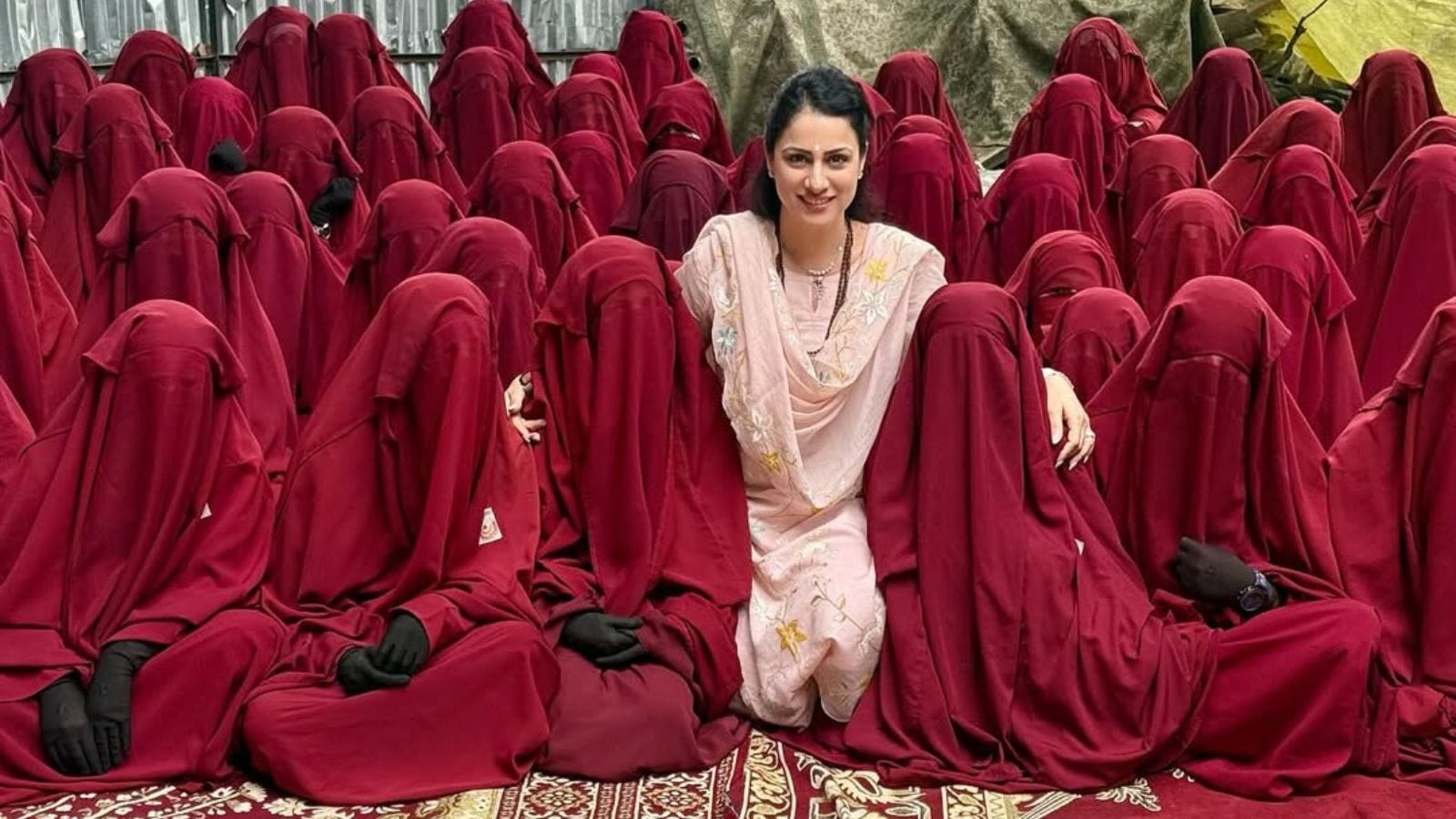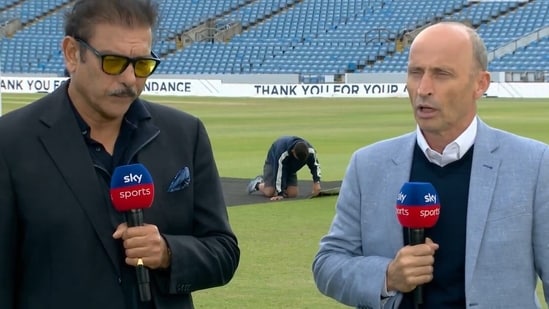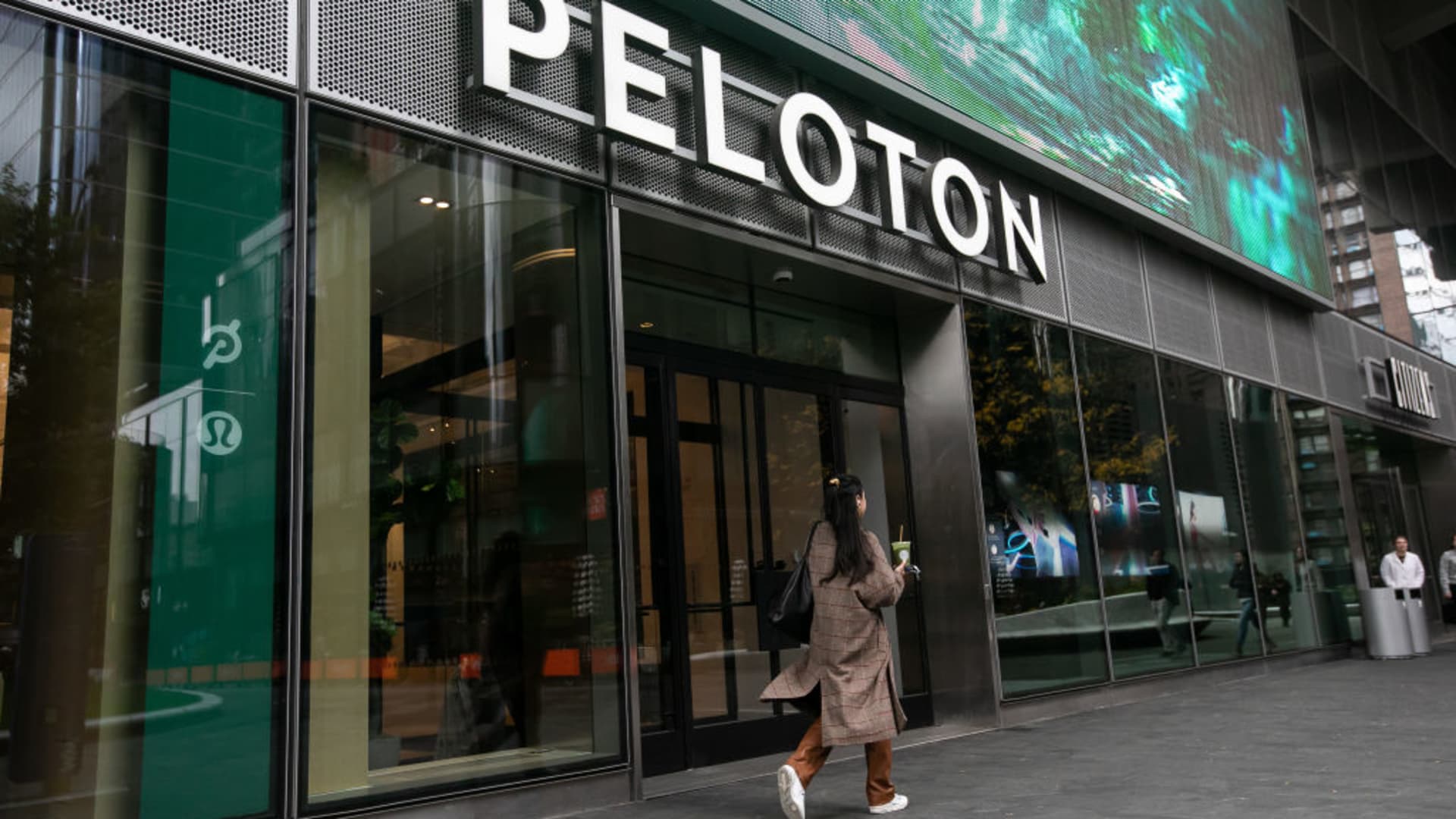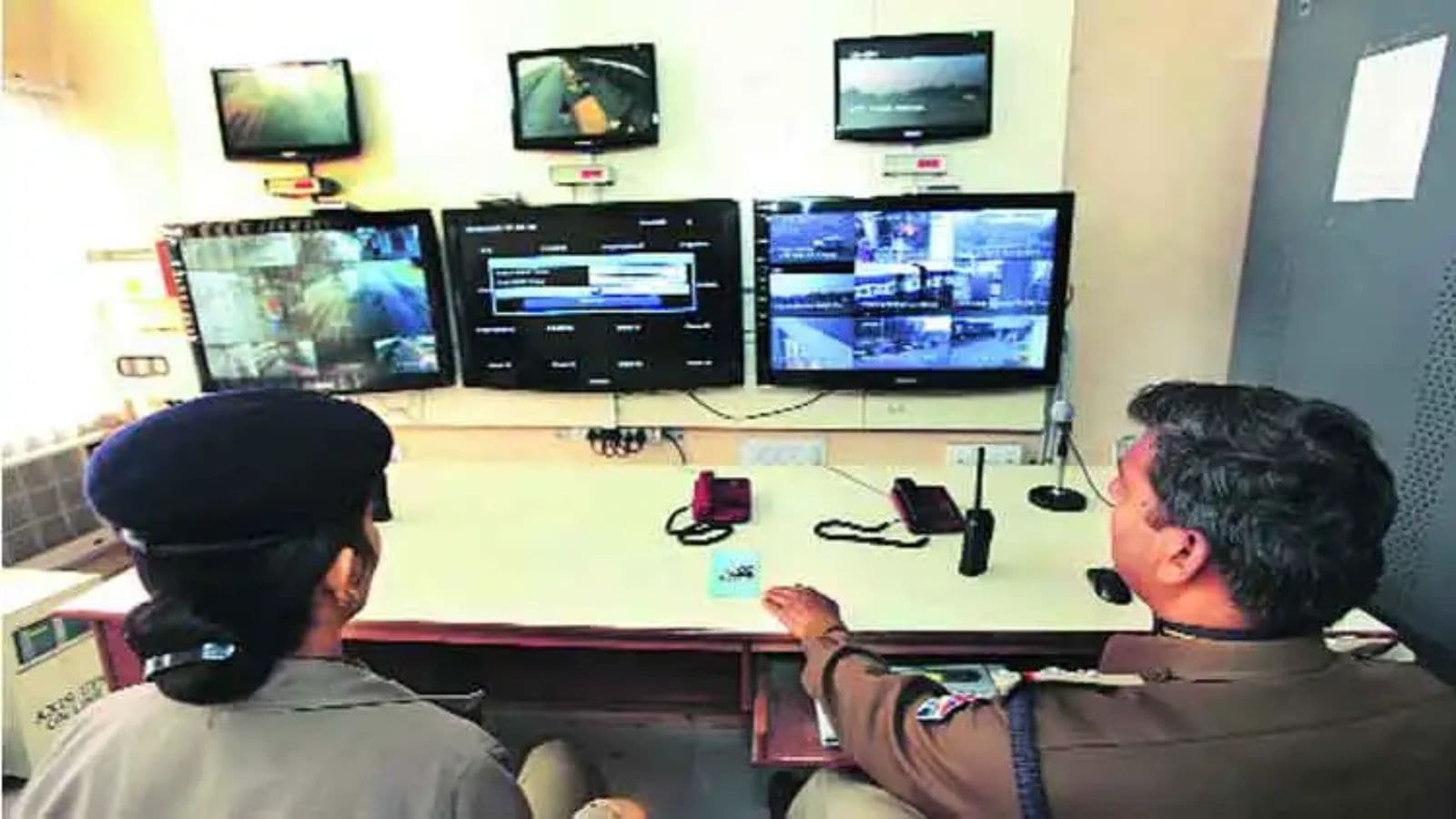
The Supreme Court Monday mooted the idea of a control room to independently monitor CCTV cameras installed at police stations without human intervention, to ensure that the devices are not switched off by erring personnel.
Hearing a suo motu writ petition regarding the functioning of CCTVs in police stations, a bench of Justices Vikram Nath and Sandeep Mehta also said that Indian Institutes of Technology (IITs) can be involved in the process.
“The issue is of oversight. Today, there may be a compliance affidavit; tomorrow, officers may switch off their cameras… We were thinking of a control room in which there is no human intervention…any camera goes off, there is a flag… There has to be an inspection of the police station also by an independent agency… We can think of involving IITs to provide a mechanism so that CCTV footage is monitored without human intervention,” Justice Mehta said.
On September 4, the bench took suo motu cognisance of a media report about the police in Rajasthan not providing CCTV footage in cases of alleged custodial deaths, citing dysfunctional CCTVs at police stations in the state. The apex court directed that a suo motu PIL, ‘lack of functional CCTVs in police stations’, be registered in this context.
The report carried by Hindi newspaper Dainik Bhaskar said there were as many as 11 deaths in the last 8 months in police custody in Rajasthan, but authorities were refusing to share CCTV footage, citing excuses that the cameras were faulty or storage was full, and sometimes citing confidentiality.
On December 2, 2020, a three-judge SC bench asked states and Union Territories (UT) to “ensure that CCTV cameras are installed in each and every Police Station functioning” in their respective limits and to store the recording for a minimum of one year.
The top court also asked the Central Government to “install CCTV cameras and recording equipment in the offices of” the Central Bureau of Investigation (CBI), National Investigation Agency (NIA), Enforcement Directorate (ED), Narcotics Control Bureau (NCB), Department of Revenue Intelligence (DRI), Serious Fraud Investigation Office (SFIO) and “any other agency which carries out interrogations and has the power of arrest…in the same manner as it would in a police station”.
Story continues below this ad
On Monday, Senior Advocate Siddharth Dave told the bench that some states have complied with the directions, while some have not. Dave said the Central Government, which has agencies like ED, NIA, and CBI under it, too, is yet to implement the order.
Agreeing that cameras can be switched off manually even in installed in police stations, Dave said that monitoring them would help redress issues of custodial torture and deaths.
The bench reserved its order in the matter.
